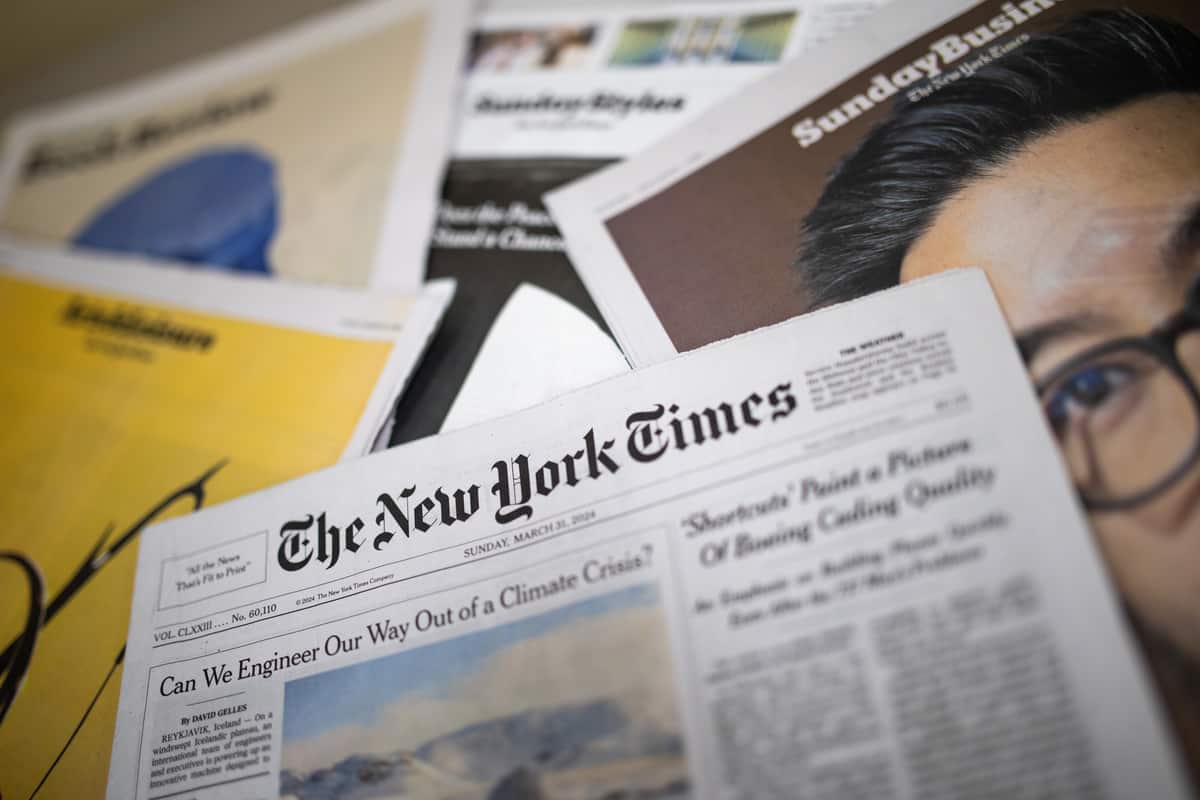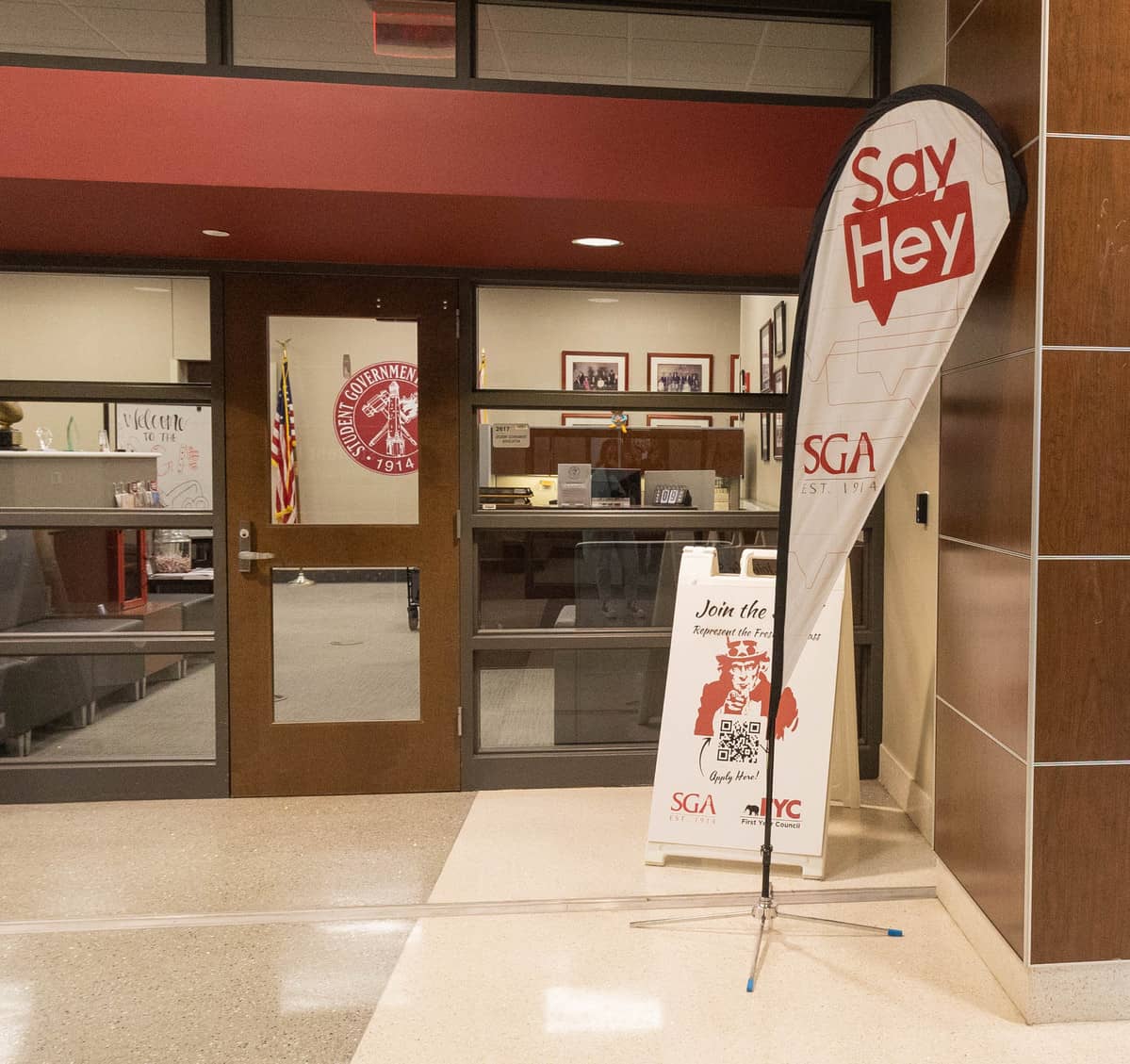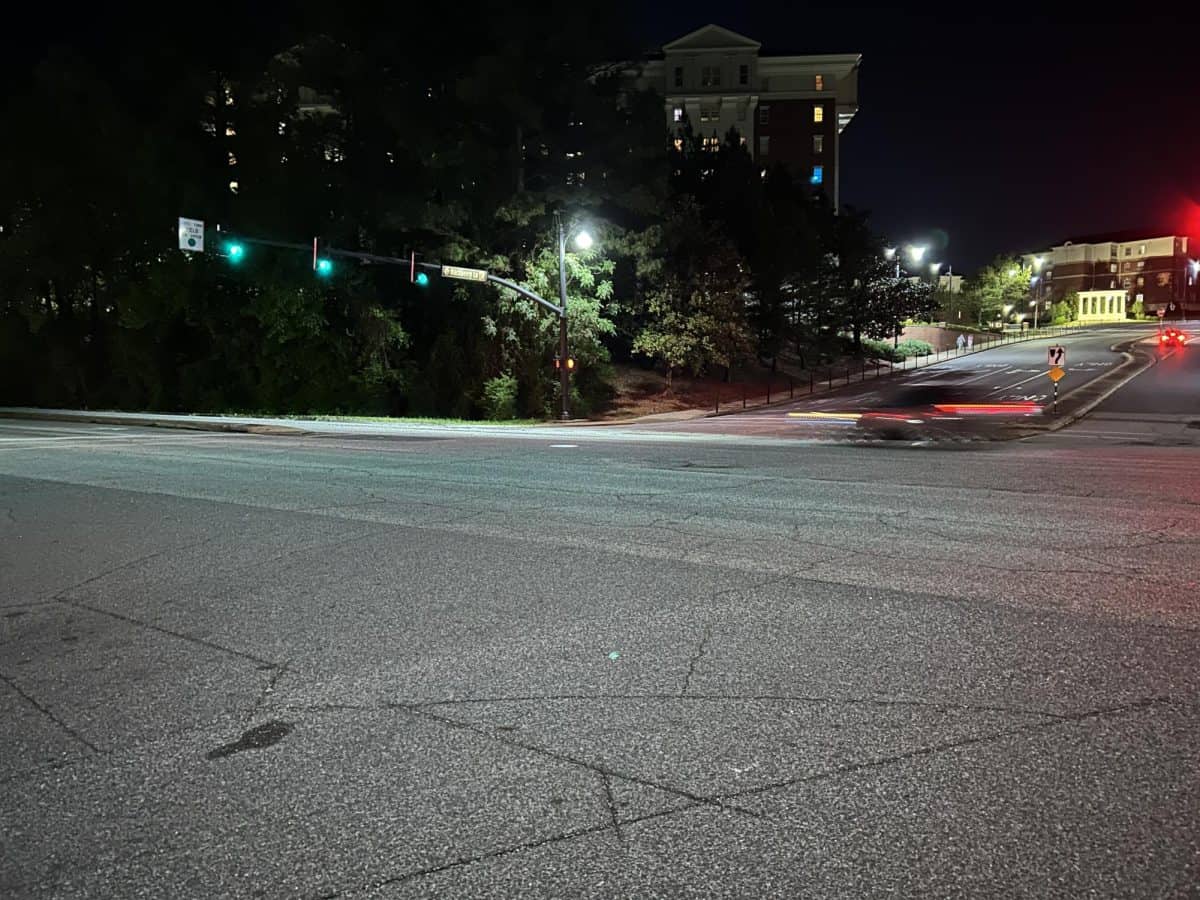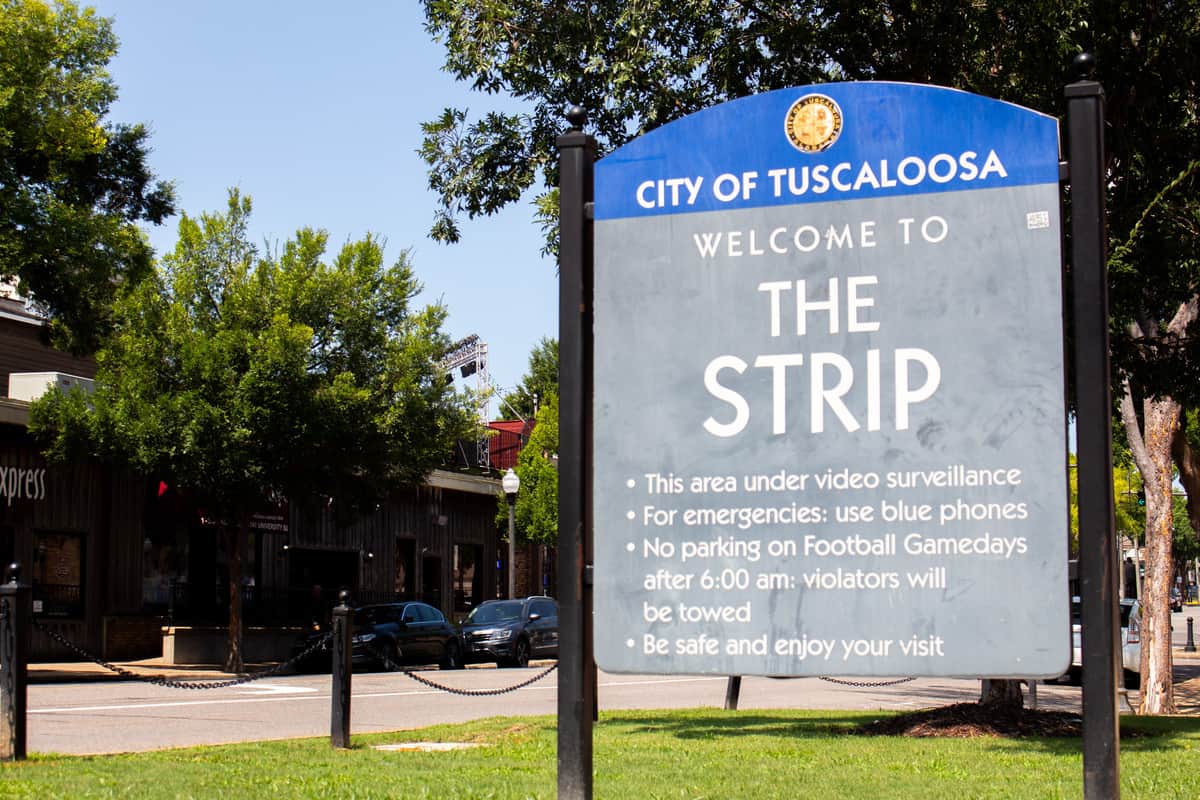The Pulse Nightclub in Orlando, Florida. The Mandalay Bay Hotel in Las Vegas. The First Baptist Church in Sutherland Springs, Texas. These are locations of what Business Insider called three of the ten most catastrophic shootings in American history. These shootings happened over a span of 18 months. The last two happened just within a few weeks of each other.
Adam Lankford, a professor of criminology at the University of Alabama, has been studying mass shootings and why they happen so often in America.
“It’s such a terrible crime,” Lankford said. “In many senses, it’s similar to terrorism in that it’s striking at random and innocent victims.”
Lankford looks at how America’s level of gun violence and ownership compares with other countries. He does this by compiling open source data of previous public mass shootings, as well as information from reputable government and national sources about gun ownership, homicide and suicide rates.
“My biggest concern is the attention that the media gives to individual killers,” Lankford said. “In terms of the Sutherland Springs shooter, we now know, according to a law enforcement official and one of his previous coworkers, that he was fascinated with mass shootings.”
By publicizing the acts of perpetrators, previous mass shootings may be viewed as a challenge or benchmark for potential perpetrators to reach, Lankford said. Potential perpetrators may view heavily publicized mass shooters with a grotesque, misguided celebrity.
“While I understand that the media have a very important job to do, especially when there are so many people who aren’t directly impacted have a desire to understand these events, I think that it should be done much more responsibly,” said Jaclyn Schildkraut.
Schildkraut is a national expert on mass shootings research and an assistant professor of public justice at the State University of New York at Oswego.
“The focus really needs to be on number one, offering context about the phenomenon of mass shootings, number two, focusing way more on the victims and helping them get the resources that they need and finally, focusing less on the perpetrator because after what they’re doing, they shouldn’t get any attention,” Schildkraut said.
Lankford said that guns have a major role in the United States right now, which he said means different things to different people.
“One of the things I’ve told my students is it’s up to you to decide whether the benefits of guns outweigh the cost of guns,” Lankford said. “One of the things I’ve studied is a direct statistical relationship between countries that have more firearms per capita and countries that have more public mass shooters.”
Denying that one of the costs of having so many guns in America is having mass shootings is denying evidence, said Lankford.
Peter Langman, a national expert known for his knowledge of the psychology of mass shooters, said he would like to see changes made to background checks and in making sure guns stay out of the hands of people who have committed crimes.
“As a nation, there are things we can do to make it harder for people to have guns who shouldn’t have guns,” Langman said.
Langman asserts that gun safety and gun control are two different things. Gun safety involves getting rid of loopholes and keeping firearms away from convicted felons and others who he said should not have them. Many people think that gun safety involves someone going door to door confiscating firearms from everyone, said Langman, but he thinks law abiding citizens would have nothing to worry about.
“We have a bigger issue than guns in America,” Schildkraut said. “At the end of the day, if a gun is sitting on a table, it’s not gonna do anything unless someone picks it up. We have to focus on the person doing the firing. The weapon is much easier to criminalize because if you get rid of it, theoretically, the belief is that we won’t have shootings. If you were to somehow take guns away from everybody, there would still be a way for people to cause mass violence in this country.”
Limiting the number of firearms per capita throughout the nation is a task that would be very difficult to do politically, said Lankford.
“I am working on an effort to try and get the media to continue covering all the relevant details of these events with the exception of publishing the name and photo of the offender,” Lankford said.
Lankford, Schildkraut and Langman claim that attention needs to be taken away from shooters. Publicity leads to the possibility of more people, as well as potential shooters, knowing the name and face of perpetrators. Instead, focus should be placed on the victims, while reporting the facts and not publicizing the shooter. The three say this would be an effective way to deal with shootings without implementing gun control. “We’ve become a society desensitized to these events and that bodes very poorly for trying to fix the the problem,” Schildkraut said. “Everyone is not being proactive, they were just being reactive and now they’re not even being that.”







